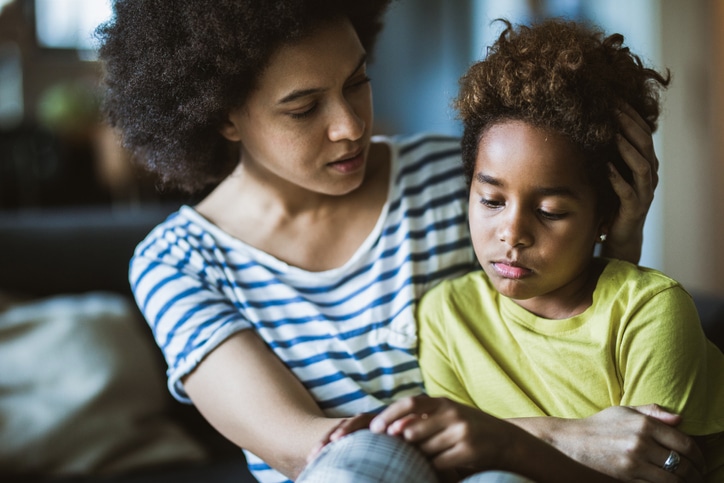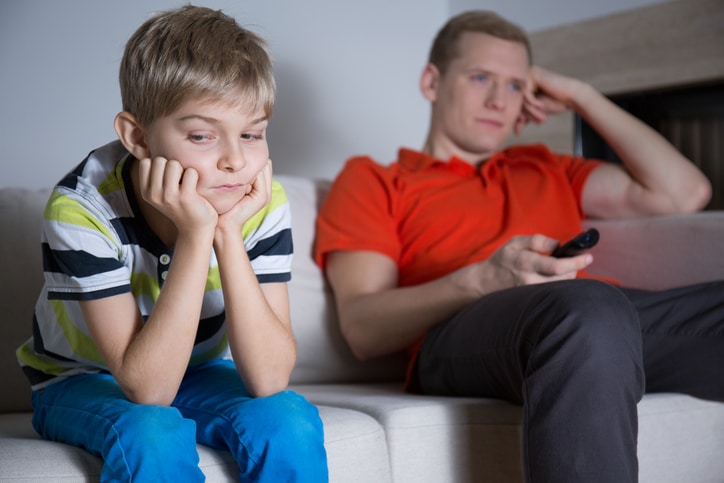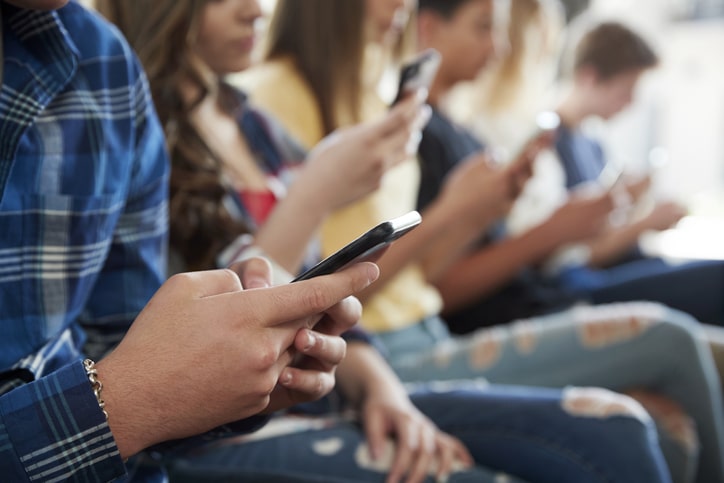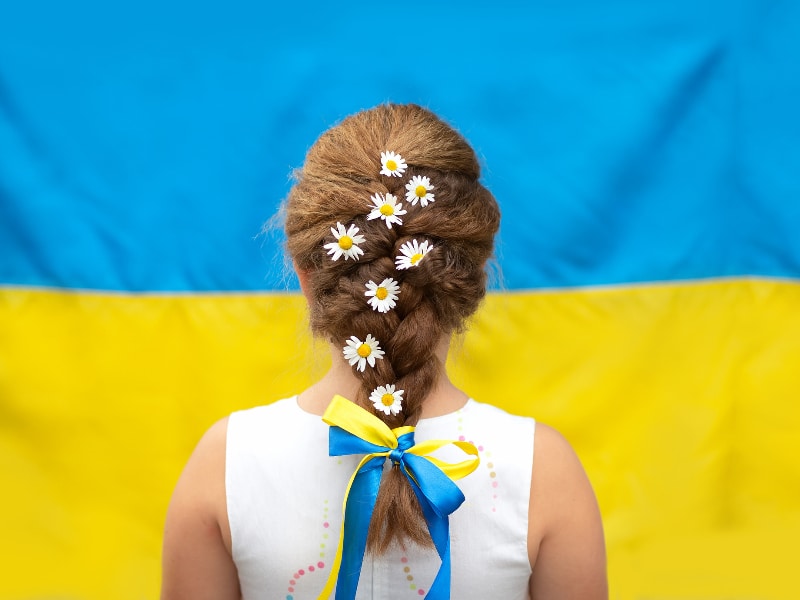The violence in Ukraine has taken over our news feeds, and the Russian invasion is hard to ignore, especially for children whose lives revolve around social media. That presents a dilemma for parents: how to talk about the war and whether young minds should be exposed to the suffering that comes with it.
Even if the heartbreak overseas has yet to come up at home, chances are your kids are aware it’s happening, says Kyle Oholendt, MD, pediatrician and internal medicine physician on the medical staff at Methodist Dallas Medical Center. So avoiding the subject entirely may not be the best solution.
“Our kids are exposed to so much in terms of what they hear at school from both their teachers and peers,” Dr. Oholendt says. “We can’t solely leave the responsibility of teaching our children to their teachers. As parents, we also play a significant role in educating our kids, and sometimes that starts by talking to them about the hard stuff.”
Watching the plight of refugees or even combat in real-time can be traumatic for adults, let alone children, so he suggests giving kids the floor to share their feelings. Above all, don’t push the issue and try to take cues from your kid: Let them know you’re there to listen whenever they’re ready.
Dr. Oholendt says how you approach this difficult topic with children will depend greatly on their age and maturity level.

YOUNG CHILDREN
With elementary-age children, don’t assume they are worried about the same things you are. Odds are their understanding and perspective are far removed from your own.
“Find out what they already know. Asking what they’ve heard about the war can give the child an opportunity to express how they feel about it,” Dr. Oholendt says. “And if they haven’t heard about it, this could be a chance to inform them.”
Pull out a map to show them where Ukraine and Russia are located. Avoid oversimplifying the conflict as “good vs. evil,” which risks stigmatizing some groups. Many Americans have family in Ukraine and Russia, so discussing the war presents an opportunity to practice compassion toward everyone affected by the invasion.

LESS NEWS IS GOOD NEWS
Whatever the child’s age, it’s a good instinct to spare them from constant updates. Adults may feel desensitized by the 24-hour news cycle, but doom-scrolling on the couch or playing TV news on a loop each night could overwhelm children with disturbing images.
“Young children are like sponges,” Dr. Oholendt says. “They pick up on our attitudes without us realizing it sometimes. So, if you’re stressed about the war, try to practice self-care, and work out your emotions before pouring that tension onto your children.”
And if you don’t know the answer to your child’s questions, don’t be afraid to say so. Kids have a way of humbling their parents by asking questions that confound them.
Rather than shrugging off their questions, however, promise to seek out an answer together. This can be a bonding experience and could even encourage them to come to you in the future to help them navigate tough times.

TWEENS AND TEENS
Children 11 and up will be more aware of the conflict because they’ve certainly had a lesson about the war in their social studies class and may have seen combat footage on their social media feeds.
If they express anxiety — whether it’s an offhand comment about World War III or an off-color joke about nuclear threats — be patient and understand that it may take some work to unravel the root of their fears, especially if they’ve been misinformed.
“If they mostly receive their news from social media, this could be an opportunity for you to show them where they can get reliable news from,” Dr. Oholendt says. “Social media isn’t always the most trustworthy source for news. It can sometimes be a biased platform where misinformation is spread and a playground for viewers to form tainted opinions.”

ENCOURAGE THEM TO HELP
If your child expresses compassion toward the victims or animosity toward the aggressors, encourage them to channel that energy into doing something positive.
That could mean collecting clothes or care packages to send to refugees fleeing Ukraine. Doing something to help those caught in the middle of the war can give your kids a sense of purpose and agency that could ease their feeling of helplessness — and maybe your own, too.
As parents, making our children feel safe may be the most important step in easing their fears about current events, Dr. Oholendt says.
“Regardless of your kid’s age,” he says, “they all need to be assured that they will be protected from harm.”

